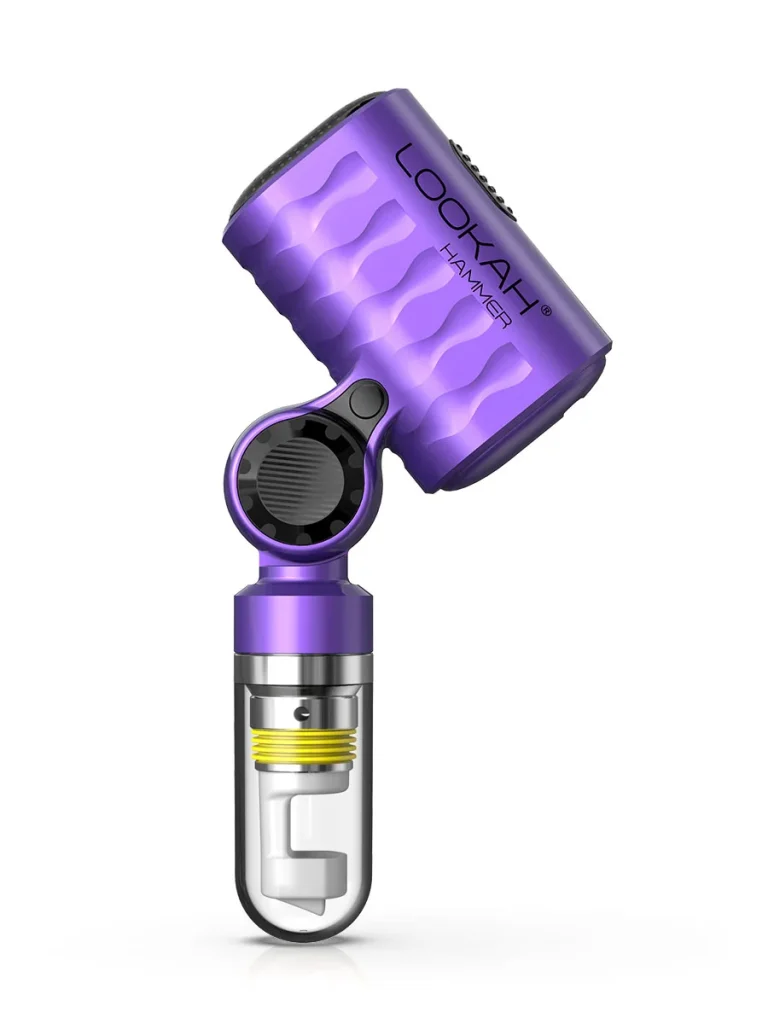In today’s competitive digital landscape, businesses must prioritize real-time customer interaction, seamless support, and instant engagement. One of the most effective tools to achieve all three is a chatbot for website. Whether you’re a startup, a growing eCommerce store, or a well-established brand, integrating a chatbot can significantly elevate your website’s performance, customer satisfaction, and conversion rates.
In this article, we’ll explore the top reasons to add a chatbot for website today. We’ll discuss its benefits, common use cases, and how it can be the game-changer your business needs.
What Is a Chatbot for Website?
A chatbot for website is an automated software application designed to simulate human conversation with website visitors. Powered by AI or rule-based systems, these bots can answer FAQs, guide users, provide product recommendations, capture leads, and much more — all in real time.
Why Every Business Needs a Chatbot for Website
Adding a chatbot for website is no longer a luxury; it’s a necessity. Here’s why:
1. 24/7 Customer Support
Your website is accessible around the clock. Shouldn’t your support be too?
A chatbot for website ensures that visitors always get the help they need, regardless of the time zone. This immediate, round-the-clock assistance can significantly reduce bounce rates and increase user satisfaction.
2. Increased Engagement
When users land on your site, engaging them quickly is key to conversion. A chatbot for website proactively greets visitors, answers questions, and guides them through your offerings — creating a personalized experience that keeps them engaged.
3. Lead Generation and Qualification
A well-designed chatbot for website can collect visitor details, qualify leads based on custom criteria, and pass them on to your sales team. This automation increases efficiency and ensures that only high-quality leads move forward.
4. Cost Efficiency
Hiring human support agents can be expensive, especially for startups or small businesses. A chatbot for website significantly cuts operational costs by handling repetitive tasks, allowing your team to focus on complex queries and strategy.
5. Faster Response Time
Speed matters. In fact, studies show that users expect a response within minutes. A chatbot for website delivers instant replies, eliminating wait times and preventing user drop-off due to frustration.
Common Use Cases for a Chatbot for Website
E-commerce
For online stores, a chatbot for website can act as a virtual shopping assistant. It can suggest products, track orders, answer return policy questions, and even assist in checkout — enhancing the overall shopping experience.
Service-Based Businesses
If you offer services (legal, consulting, healthcare, etc.), a chatbot for website can help book appointments, offer information about your services, and pre-qualify client inquiries.
SaaS Platforms
Software companies often deal with a flood of technical queries. A chatbot for website can provide documentation links, resolve basic issues, or escalate complex cases to human agents efficiently.
Features to Look for in a Chatbot for Website
When choosing a chatbot for website, it’s important to look for features that align with your business needs. Here are some must-haves:
AI and NLP Capabilities
Advanced bots use Artificial Intelligence (AI) and Natural Language Processing (NLP) to understand user intent and provide more accurate responses.
Integration Options
Your chatbot for website should integrate with CRM tools, email marketing platforms, and third-party apps for seamless workflow management.
Customization and Branding
Choose a bot that allows you to fully customize its appearance and tone so that it reflects your brand’s personality.
Analytics and Reporting
Good bots offer detailed insights into user behavior, engagement metrics, and query trends — helping you continuously improve your customer experience.
SEO and Marketing Benefits of a Chatbot for Website
A chatbot for website doesn’t just enhance user interaction — it can also benefit your digital marketing strategy.
Lower Bounce Rates
By immediately interacting with users, a chatbot for website can keep them engaged longer, reducing bounce rates — a factor that positively influences your SEO rankings.
Improved Conversions
Chatbots guide visitors down the sales funnel with targeted messaging, product recommendations, and support. This proactive approach can lead to higher conversions.
Keyword Assistance and Search Navigation
Some chatbots are capable of helping users navigate your website using keyword-based searches. This improves overall site usability and increases time on site.
Challenges and How to Overcome Them
While integrating a chatbot for website offers numerous advantages, it also comes with challenges.
Misunderstood Queries
Some users may phrase queries in a way the bot doesn’t recognize. Mitigate this by continuously training your bot and incorporating AI that learns from user interactions.
Overreliance on Automation
Don’t fully replace human support. Your chatbot for website should be a complement, not a replacement, with a clear option for users to escalate to a live agent.
How to Implement a Chatbot for Website
Adding a chatbot for website is easier than ever, thanks to numerous platforms offering out-of-the-box solutions.
Step 1: Define Your Goals
Do you want to improve support, drive sales, or capture leads? Define clear objectives to help guide the bot’s functionality.
Step 2: Choose the Right Platform
Select a chatbot platform that fits your needs. Options like Tidio, Drift, Intercom, or even open-source solutions offer different levels of customization and pricing.
Step 3: Build Conversational Flows
Design conversation paths based on common user journeys. Keep responses clear, concise, and aligned with your brand voice.
Step 4: Test and Launch
Before going live, test the chatbot for website thoroughly. Collect user feedback and continue refining the experience.
The Future of Chatbot for Website
The role of a chatbot for website is rapidly evolving. From basic rule-based bots to intelligent AI-powered systems, the potential is massive.
Upcoming trends include:
- Hyper-personalized interactions using user data
- Integration with voice-based assistants
- Advanced predictive analytics
- Multilingual capabilities to reach global audiences
By staying ahead of these trends, you can ensure your chatbot for website remains a strategic asset rather than just a tool.
Conclusion
Implementing a chatbot for website is one of the smartest moves a business can make in today’s digital age. From boosting customer support and engagement to enhancing SEO and conversions, the benefits are clear and measurable.
At Workergen, we believe that every business — no matter the size — deserves intelligent automation that drives real results. Don’t wait for your competitors to get ahead. Invest in a chatbot for website today and take the first step toward smarter customer interactions, streamlined operations, and stronger growth.





